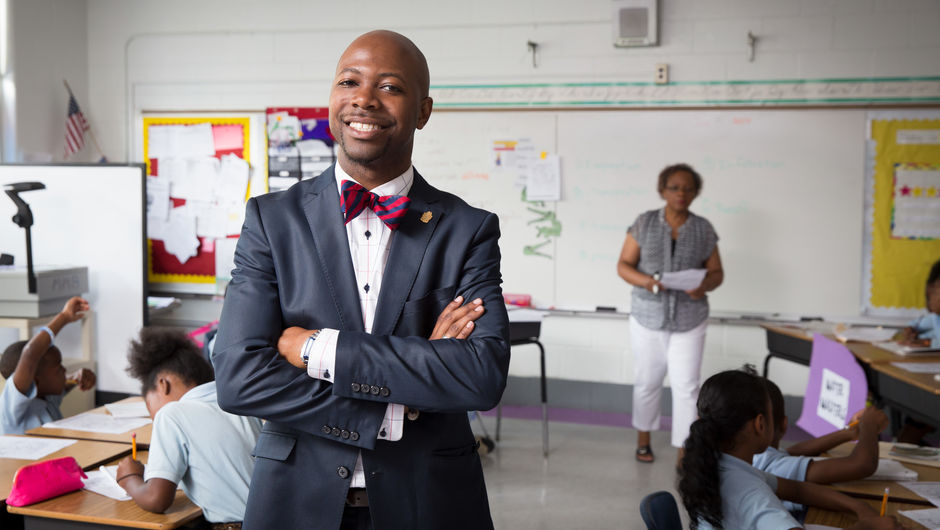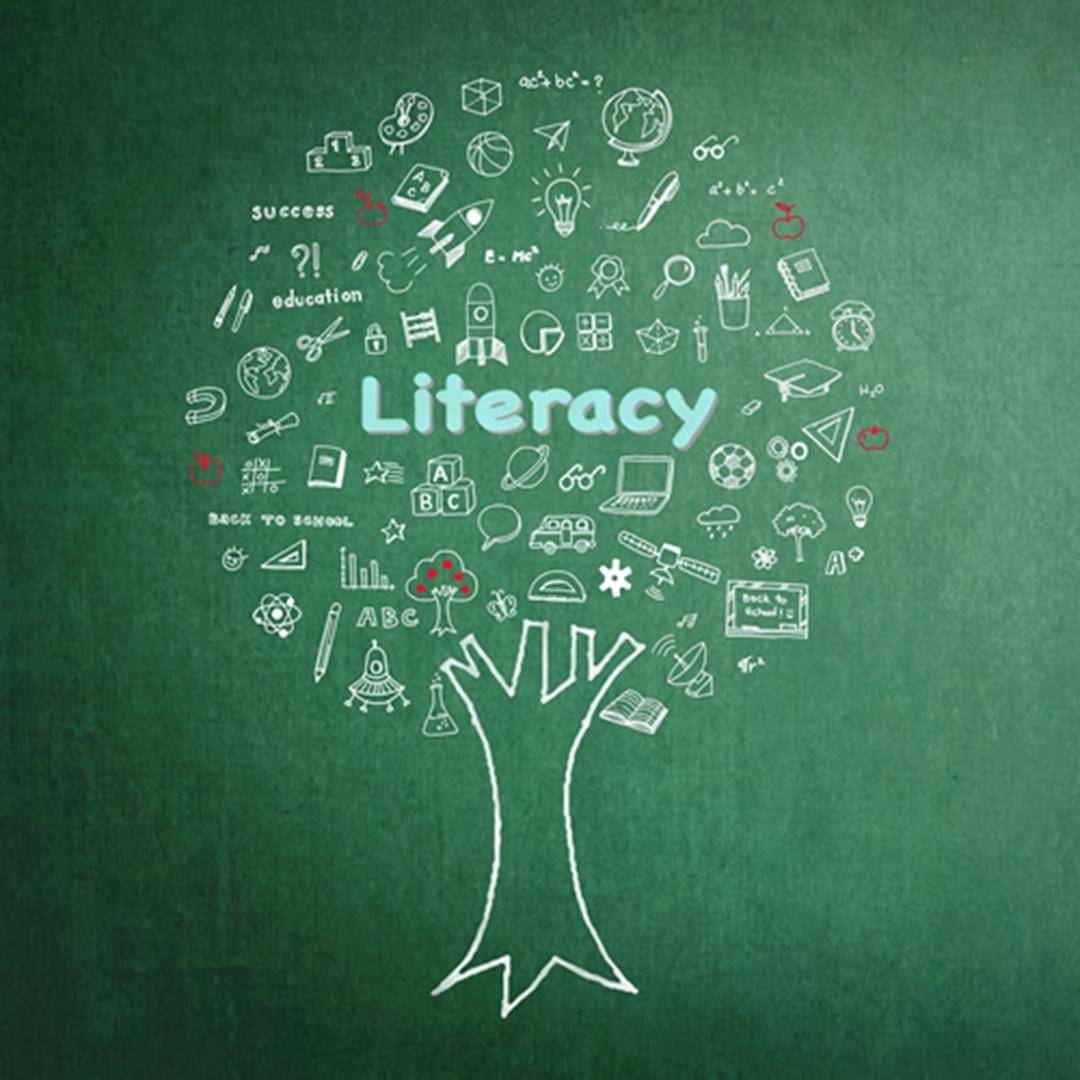You’re all signed up for the Education Slice
Thank you for your interest in our service.
Watch out for a confirmation email from our subscriptions team. Once you have confirmed you will join the community of over 35,000 subscribers who are receiving daily Education intelligence to lead, innovate and grow.
Note: Due to the nature of this message you may find this in your "promotions" or "spam" folders, please check there. If nothing arrives within a few minutes let us know. If you do not receive this email we will be happy to help get you set up.
Adding the email address news@industryslice..com, will help to ensure all newsletters arrive directly to your inbox.
Recent Editions

Education Slice
National
School nutrition and student health have emerged as a new focus in governors’ 2026 State of the State addresses, joining longstanding education priorities such as school choice, higher education affordability, workforce development, and early childhood education. An analysis of speeches from 39 governors found that leaders from both parties proposed initiatives to expand access to school meals and improve the nutritional quality of food served in schools. Proposals included expanding free meal eligibility, removing artificial dyes and highly processed foods from school lunches, and limiting unhealthy items such as soda and candy in federal nutrition assistance programmes used by students outside school hours. Alongside these initiatives, governors also highlighted efforts to raise teacher pay, improve literacy, and expand childcare and pre-K access. The speeches also revealed partisan divisions in other areas, particularly around school choice programmes that allow public funds to support private education, which Republican governors largely supported and some Democratic governors criticized. Meanwhile, many governors from both parties emphasized improving college affordability and strengthening career and technical education pathways to better align with workforce needs.
Full Issue
Education Slice
California
FutureEd reviewed 2026 State-of-the-State speeches from 39 governors and found school choice, higher ed affordability, early learning, and student well-being dominated education proposals. School choice drove partisan splits, with many Republican governors promoting public funding for private options, while Arizona’s Katie Hobbs called for tighter oversight. Across parties, governors emphasized literacy, public-school funding, and teacher pay, with nutrition emerging as a shared theme. GHSA-style rhetoric appeared in school safety debates too: “Illegal and deadly school bus passings are 100% preventable,” Jonathan Adkins said.
Full Issue
Education Slice
Texas
FutureEd reviewed 2026 State-of-the-State speeches from 39 governors and found school choice, higher ed affordability, early learning, and student well-being dominated education proposals. School choice drove partisan splits, with many Republican governors promoting public funding for private options, while Arizona’s Katie Hobbs called for tighter oversight. Across parties, governors emphasized literacy, public-school funding, and teacher pay, with nutrition emerging as a shared theme. GHSA-style rhetoric appeared in school safety debates too: “Illegal and deadly school bus passings are 100% preventable,” Jonathan Adkins said.
Full Issue
Education Slice
Florida
Senator Jason Brodeur, a Republican from Sanford, advocated for SB 1062, emphasizing that promoting debate in schools can counteract the negative effects of social media on youth. "Social media rewards you with an algorithm for outrage," Brodeur said, highlighting the importance of teaching students to engage in civil discourse. The bill aims to establish the Florida Debate Initiative's partnership with school districts, ensuring the program's longevity beyond the current administration. Launched in 2014, the initiative now operates in 405 schools across 67 districts, with over 3,400 participants. The legislation also proposes the creation of a Florida Debate Hall of Fame and designates Feb. 1-7 as speech and debate week. Funding for the program includes $2.4m in recurring general revenue. The House bill, HB 1059, awaits a vote.
Full Issue









